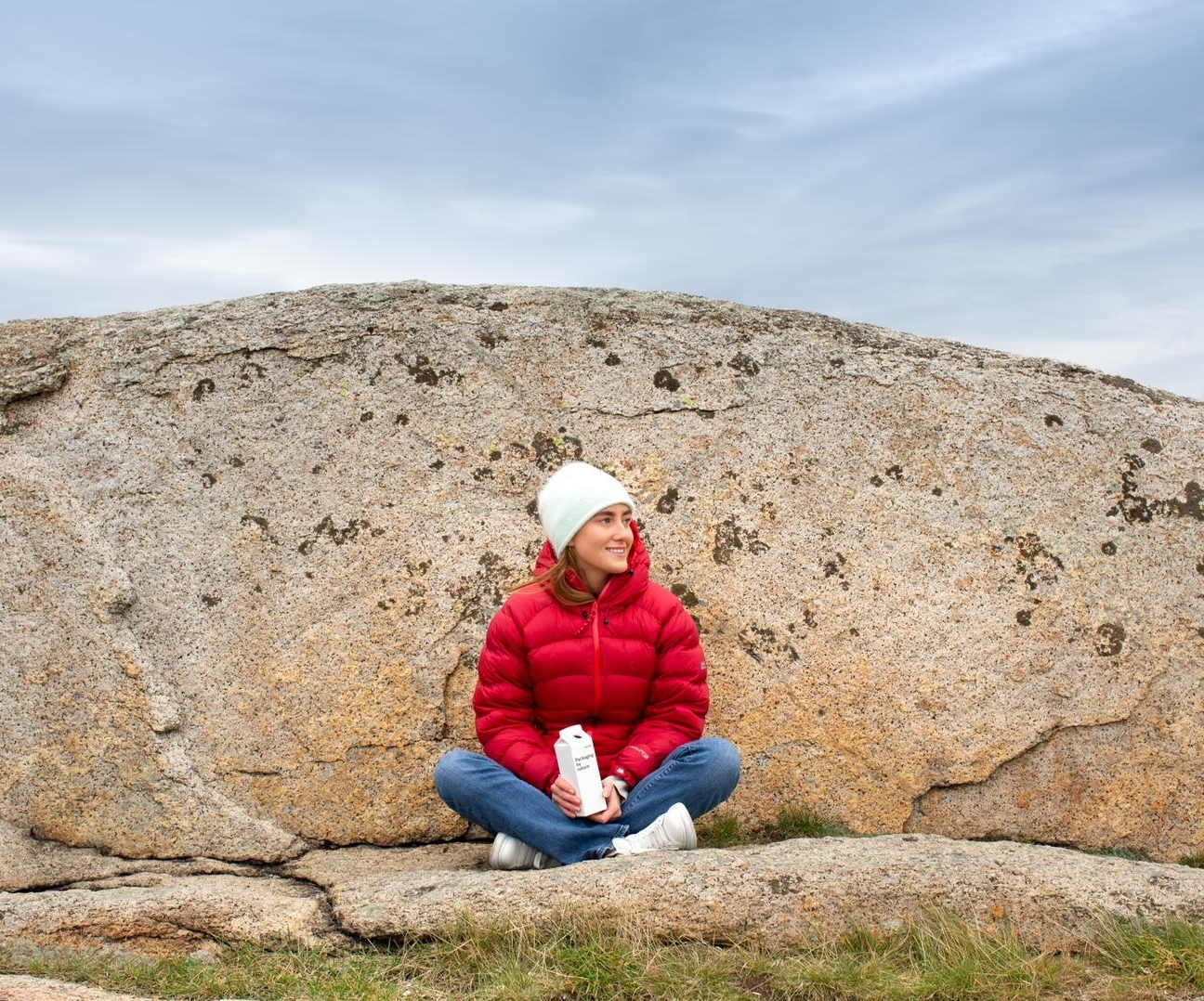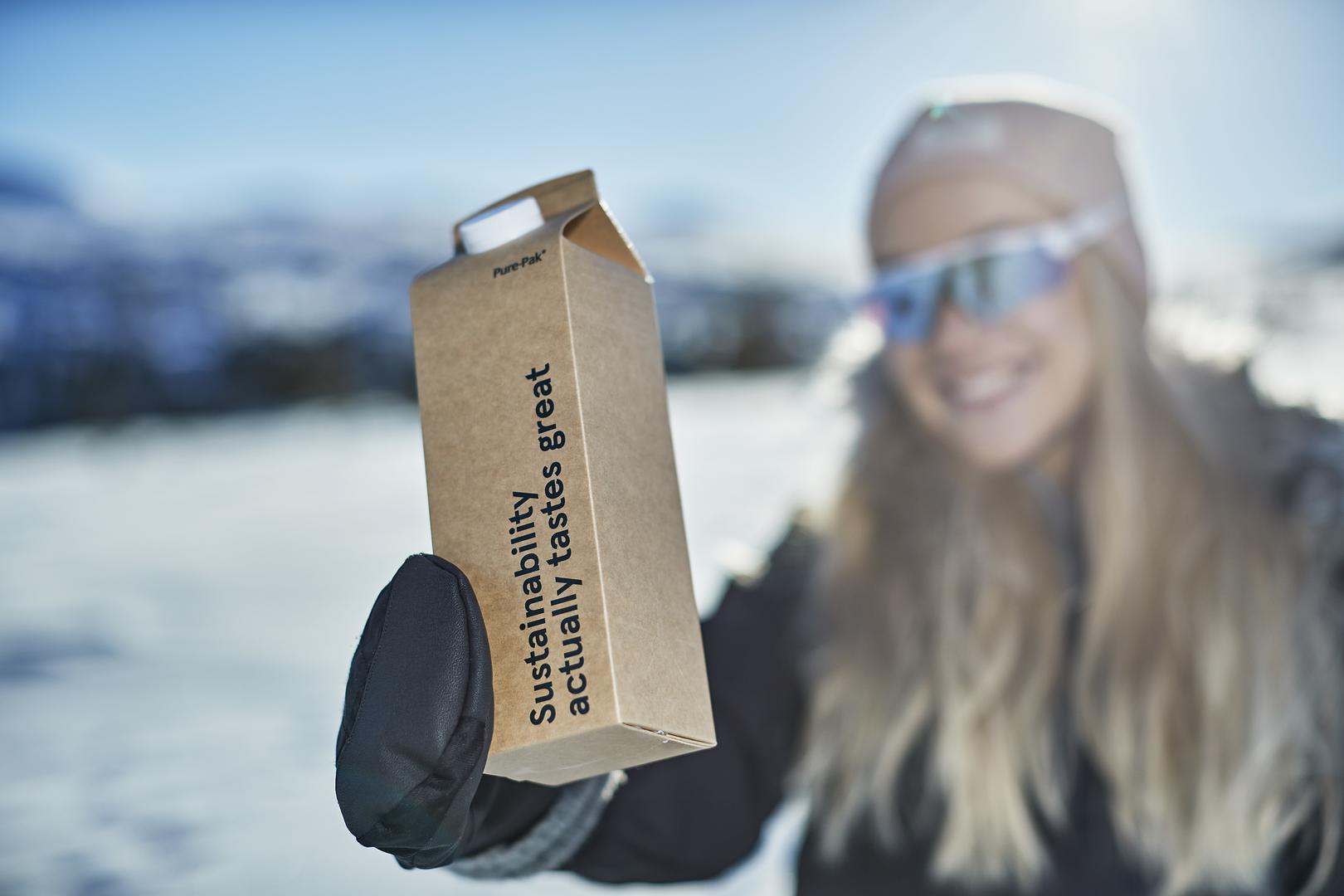Responsible supply chains

Elopak is committed to conducting business in a responsible manner and to account for social, ethical and environmental aspects in our value chain.
Our business depends on reliable and high-quality suppliers and raw materials that meet the demands of our own production as well as demands and expectations from our customers, end-consumers and other stakeholders. Responsible Supply Chain (RSC) is therefore a key strategic objective and reflected in our procurement policies and practices and we put great efforts into continuously improving our framework.
Elopak has a yearly spend of more than 650 million Euros with approximately 4000 suppliers globally related to the purchase of materials, goods and services needed to produce our cartons and filling machines sold to customers and in order to run our business effectively. Key raw materials related to our cartons accounts for approximately 60% of the total purchase spend and covers board, polymers, inks & solvents and aluminium.
Approach
Elopak global Supplier Code of Conduct sets forth our expectations in the areas of business ethics, human rights, labor practices, health and safety and the environment. It is based on the ten principles of the UN Global Compact, the UN Declaration of Human Rights and core ILO (International Labor Organization) conventions and compliance with applicable laws and regulations. We expect that suppliers comply with the code or demonstrate conformance by having a corresponding code in place.
Elopak conducts risk-based integrity due diligence processes of our business partners including suppliers to ensure that the business partners’ reputation, background and abilities meet our standards. As part of the supplier qualification and performance monitoring process all new suppliers undergo a prequalification review including SCoC engagement.
Key suppliers are defined based on the supplier’s business criticality in addition to spend level and/or related to identified risk factors in the supply chain. These currently involves:
- Direct suppliers that provide raw materials for our carton production and secondary packaging
- Indirect suppliers mainly related to Logistics & Transport and plant investments
More in-depth assessments will be carried out minimum on a bi-yearly basis for Key Suppliers using self-assessments, EcoVadis and/or on-site audits.
Some of the Categories related to our filling machines are also considered as key and they undergo similar processes managed by our Innovation & Engineering business area.
During 2020 we started working with EcoVadis as a third-party platform to assess the sustainability performance of our key suppliers. With EcoVadis we are able to better optimize the coverage of suppliers’ assessments in our supply base.
In case Elopak identifies or becomes aware of a non-compliance we actively engage with suppliers to discuss and agree on mitigating activities and a clear timeline for following up the activities. If a supplier fails or shows unwillingness to improve or remediate the non-compliance after a reasonable period of time, we will evaluate next steps and appropriate contractual actions.


Performance
By 2020 approximately 96 % of our Raw Material suppliers and in total 80 % of all suppliers by spend had either signed the Global Supplier Code of Conduct or demonstrated conformance.
During 2020, key suppliers accounting for 60% of total spend were more thoroughly assessed on their sustainability/CSR performance through EcoVadis.
We have put increased focus and effort on follow up activities with suppliers related to necessary actions identified in the assessments in order to secure continuous improvement.
We have also improved the internal framework and tools for supplier qualification and risk assessments and will continue to do so to further strengthen our risk-based approach. The target is to better incorporate specific category and country risks in addition to supplier criticality and dependency to make sure we address the most relevant risks in our supply chain.
Our procurement team has received introduction and training on our Responsible Supply Chain framework and key RSC experts have been offered and conducted more detailed trainings.
No suppliers were identified with significant risks nor with major negative impact in the supply chain based on supplier engagements and supplier risk assessments conducted during 2020.
